Perhaps you hate mornings. This is wildly unfortunate in that mornings are inevitable and going around hating things in life that are unavoidable will make you miserable. We all want to wake up with a smile on our face, excited for the day, instead of grumpily dragging our groggy, foggy selves out of bed. There’s just too many fun things to do to risk that.
So why is it that you might hate mornings? For many of us, it’s because we’re unrested. You might also hate them if you’re dreading whatever it is you have to do that morning, i.e. going to your job. If this is the case, bummer, and we highly recommend doing what you can to figure that out. Life is too short to hate your job.

For here, we’ll stick to tiredness as the cause of our morning dread. A sleep that was interrupted, too short, restless or maybe even just non-existent is pretty much the worst. So in order to become morning people, we have to become good sleep people first. How do we do that?
5 Ways to Rest Well and Make Your Mornings Better
1. Exercise
Here it is again. That free, darn-near magic cure all. Our bodies were meant to get tired but so often they don’t. Our brains get tired from stress and over stimulation but unless you have a physical job, your work day likely doesn’t put the physical demands on your body that it needs. Enter exercise. Exercise has been shown to help you fall asleep more quickly and improve sleep quality. Choose whatever form you like, all that matters is that you’re increasing your heart rate and moving for 30 minutes or more. If you already move that much and you’re still not sleeping well, trying upping the duration or intensity. Cool thing is that you’ll likely notice results the very same day you add in exercise.
Just be aware of WHEN you exercise as exerting yourself too late into the evening may keep you up. Some people are affected by this, others are not. Doctors recommend experimenting with when and how to exercise to find out what works best for you! Just the best news, though, that right now you can exercise and you’ll have a better sleep tonight. (Go. You can finish reading this when you get back.)
2. Squelch potential sleep disruptions
Noise, light, pets, and phones can all mess up our sleep. Use black out blinds, a white noise machine to mask sudden noises, get the dog his own bed and put your phone on ‘do not disturb’. Any effort to mitigate sleep disruptions will be worth it. We know some are unavoidable. If we could send you any of our extra sleep, parents of a newborn, we would.
3. Dietary adjustments
The caffeine advice is kinda ‘duh’ by now. Take it easy and stay away from anything caffeinated 6 hrs before bedtime. That stuff can lingerrrrr. When it comes to food, research shows that high fat diets are linked to poor sleep quality and eating pretty much anything right before bed, especially fatty or spicy foods, kick the digestive system into high gear which will keep you up too. So, be aware of how close to bedtime you’re eating and have we mentioned plant-based, whole food diets are good for you?

4. Avoid blue light
Exposing yourself to blue light at night can be troublesome as it blocks melatonin, a hormone important in managing your circadian rhythms. Pretty much every electronic device you’ve got emits blue light. This doesn’t mean you can’t use them though! Many TV’s and screens have options in the settings to add a filter to the screen, reducing the blue light. You can use blue blocking glasses or switch your phone or tablet to night mode. Don’t forget, though, that excessive screen time in general can be damaging to your health so consider reducing your use when you can.

5. Don’t fight the urge
Legit tired at 9:00? Shut. It. Down. Why resist? If you’re honestly tired, go to sleep. We often stay up late, zombified in front of the TV. Is it really worth it? We know that many peoples’ schedules may not allow them the flexibility to choose an earlier bedtime, but if yours does, try it! You might surprise yourself, have a great sleep and wake up early. Early mornings are killer when you’re rested and they’re an incredible time for productivity and creativity. So get in tune with your body and what it needs. If it’s an early night, that’s just dandy.
Remember, a morning person is usually a HEALTHY person
It’s easy to let bad sleep turn into a chronic condition and like many chronic conditions the most readily available, inexpensive, effective, and long term solutions are LIFESTYLE CHANGES. So, buck up, find that self discipline and develop some new habits. And once your sleep is better you can focus on filling your morning with things that are going to get you pumped up! You’ll be able to join the ranks of all those fancy, upbeat morning people blissfully enjoying reading, a glorious cup of coffee, a little solitude, outdoor activity, a great workout or a fab breakfast.


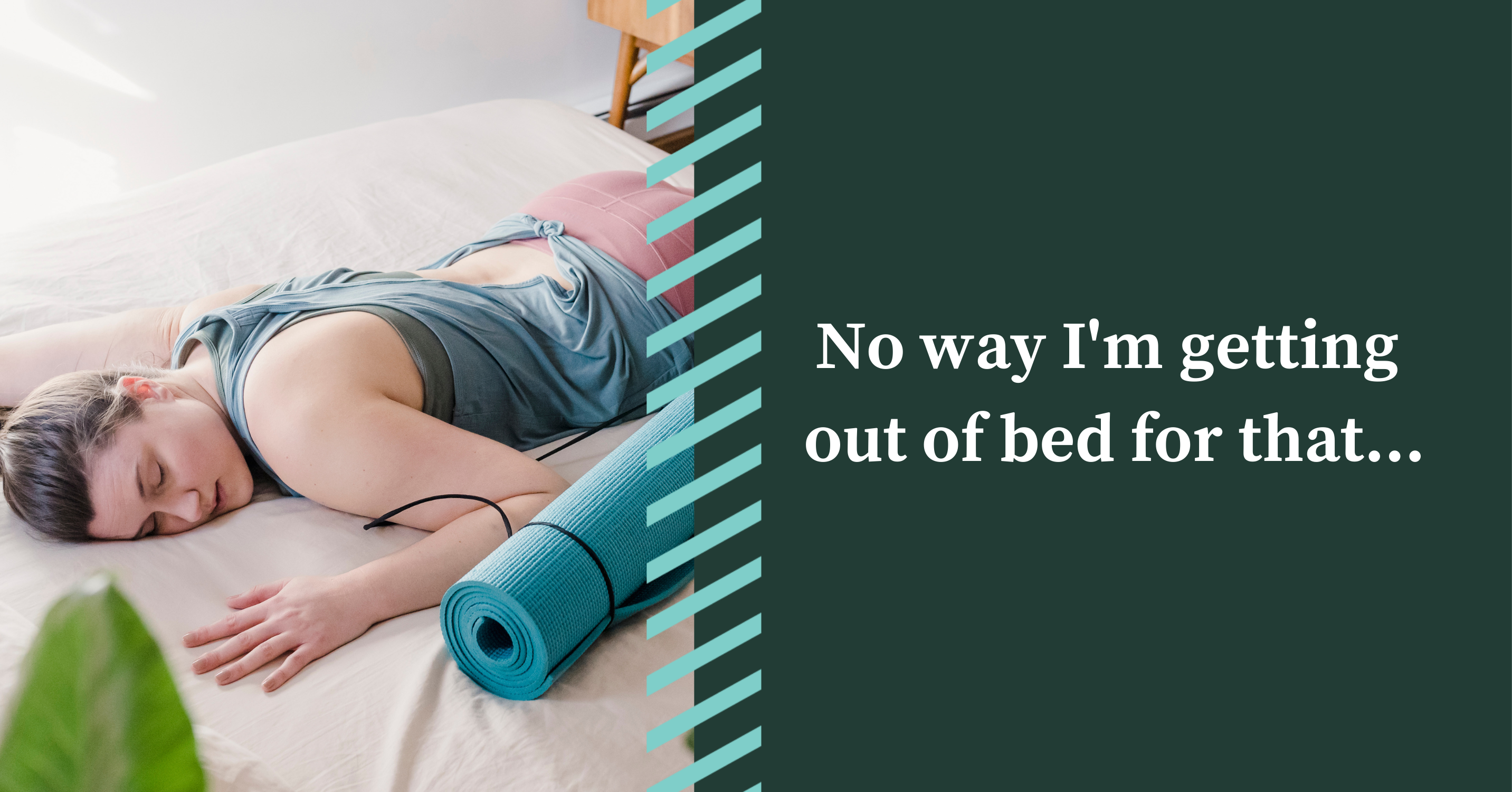

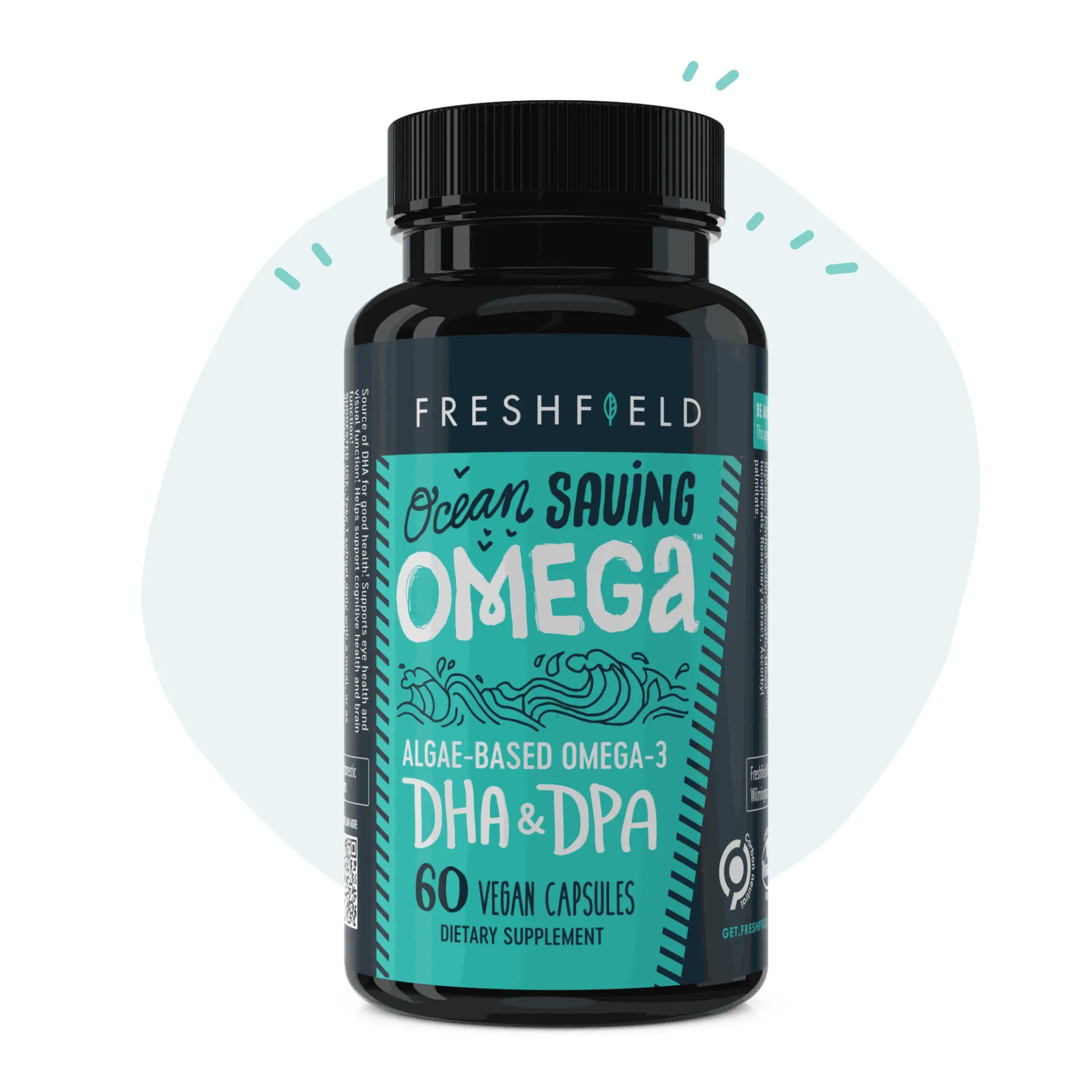

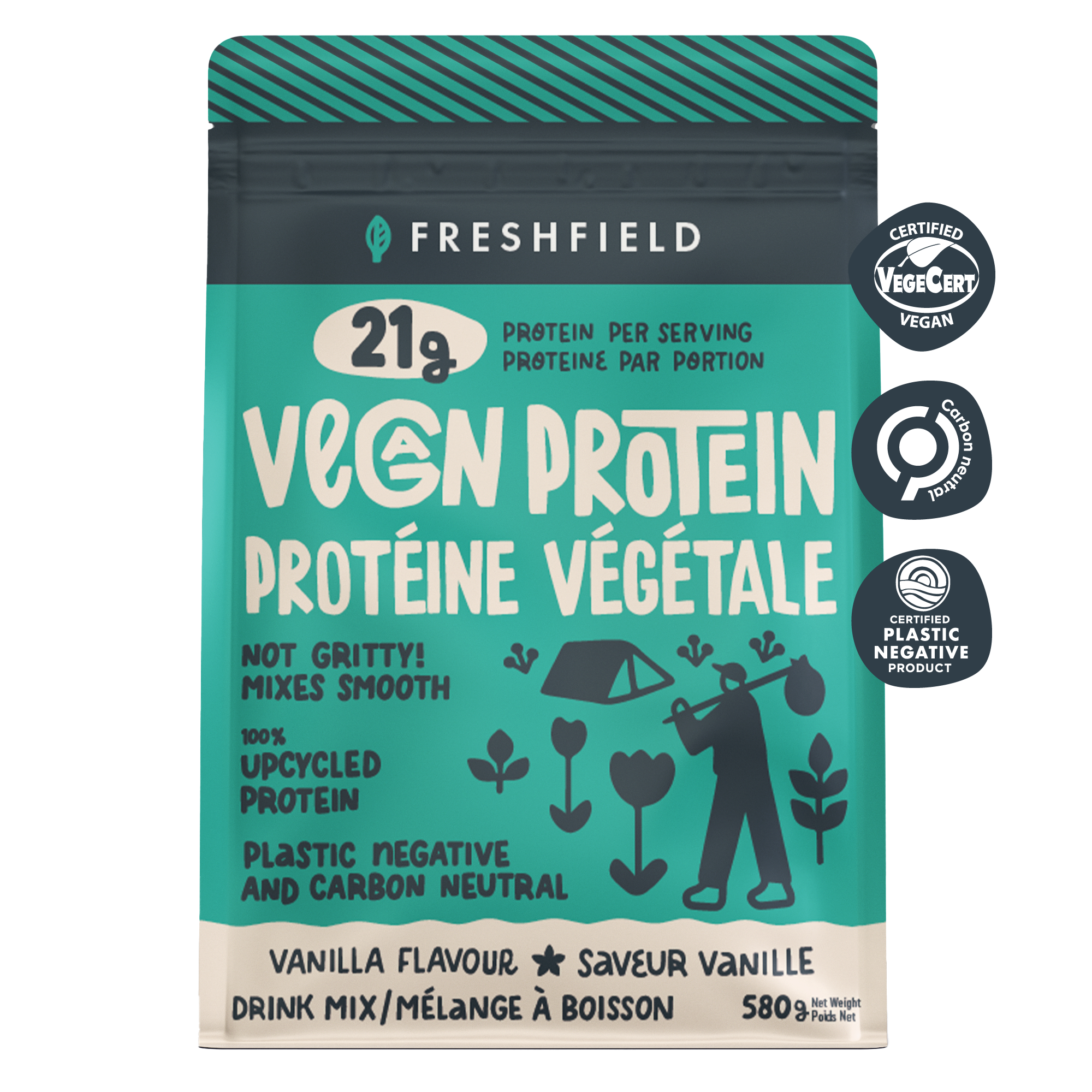
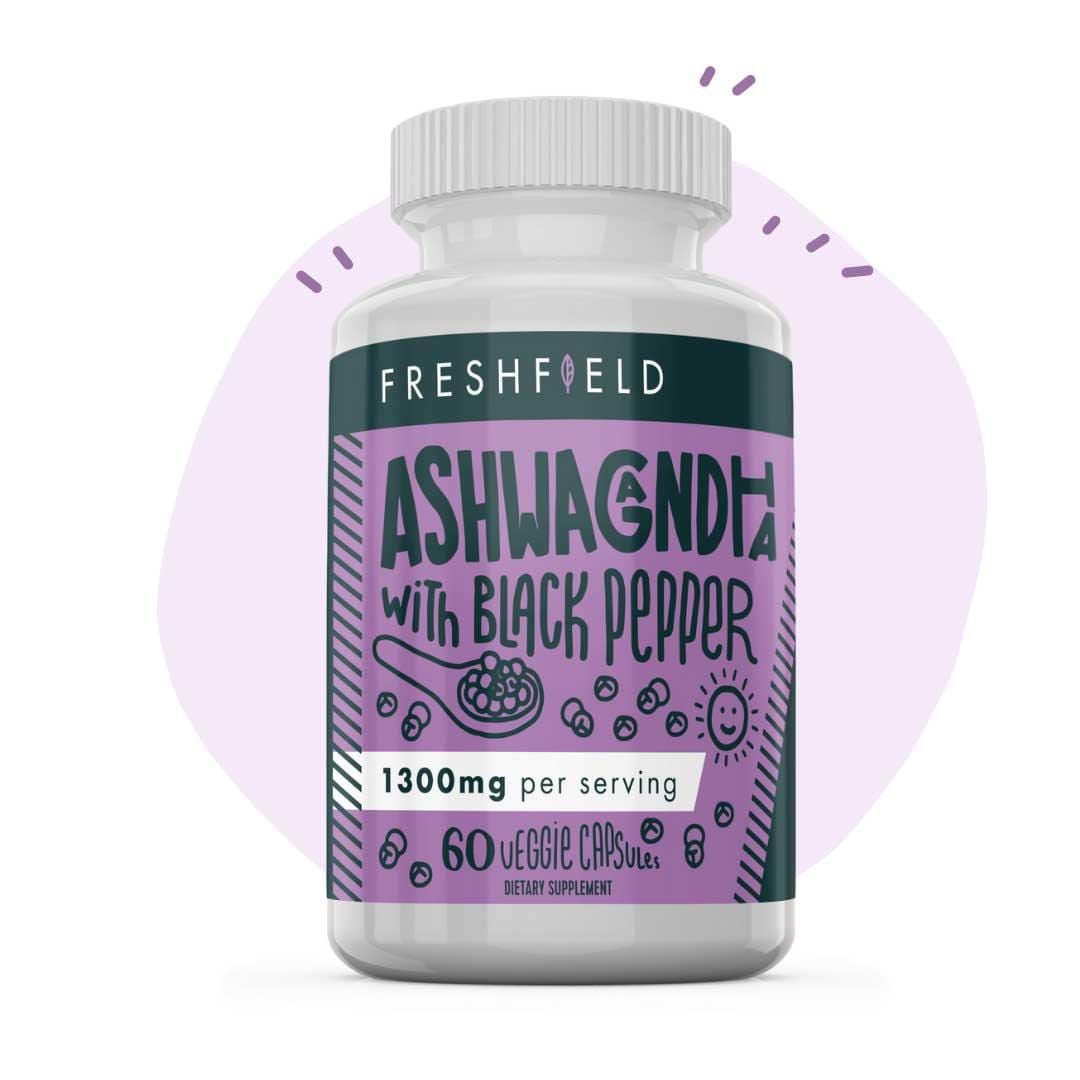
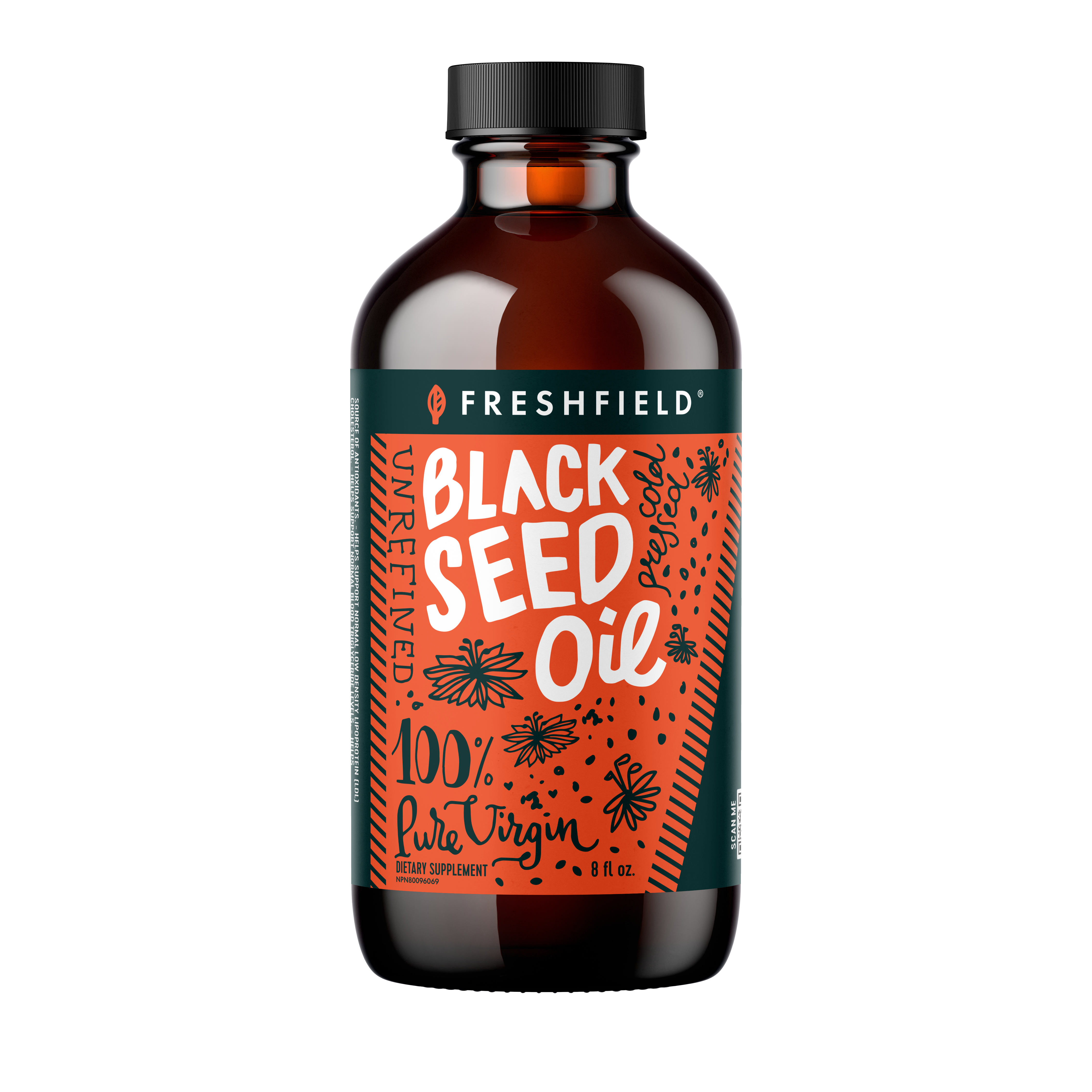
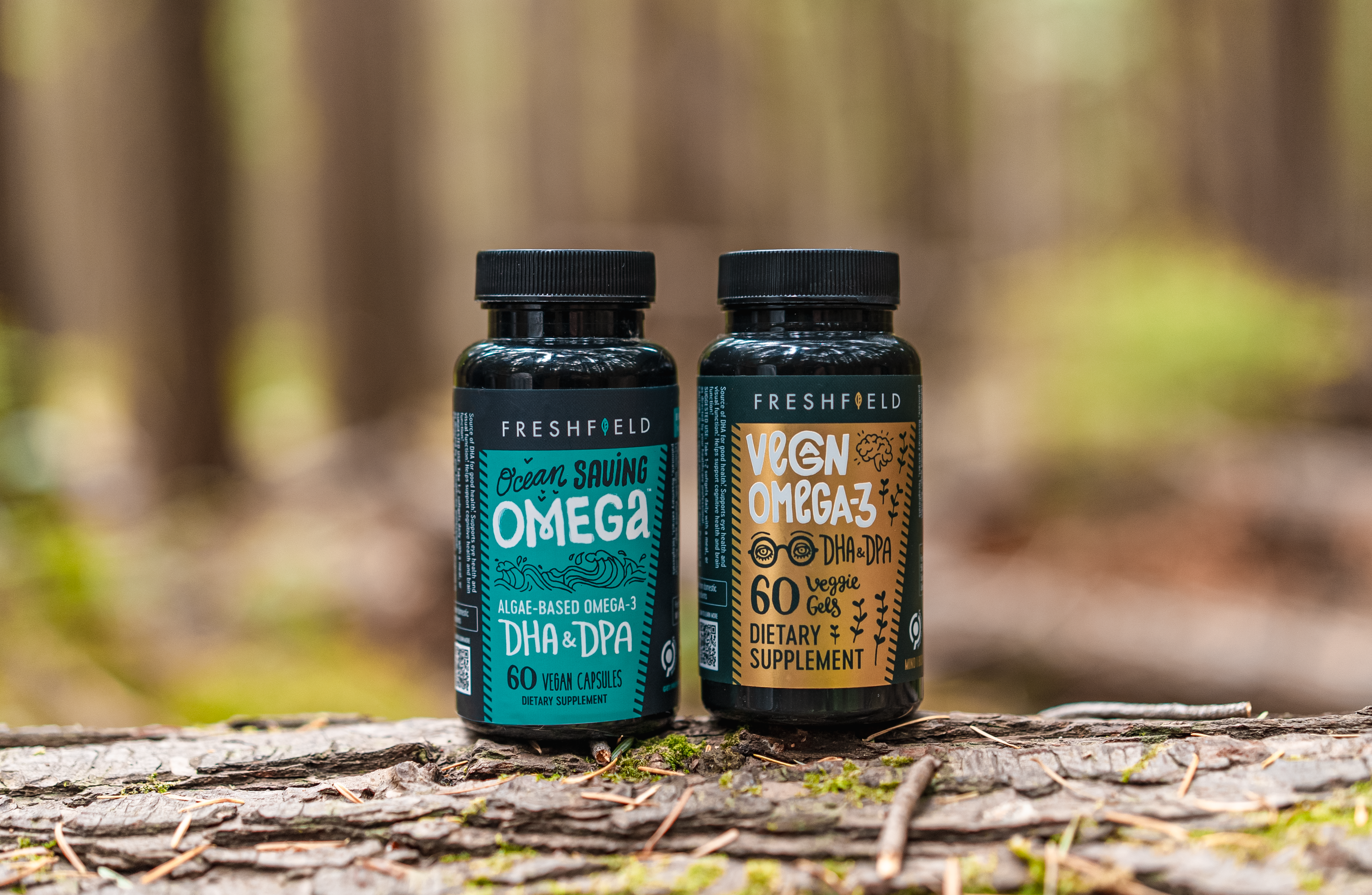
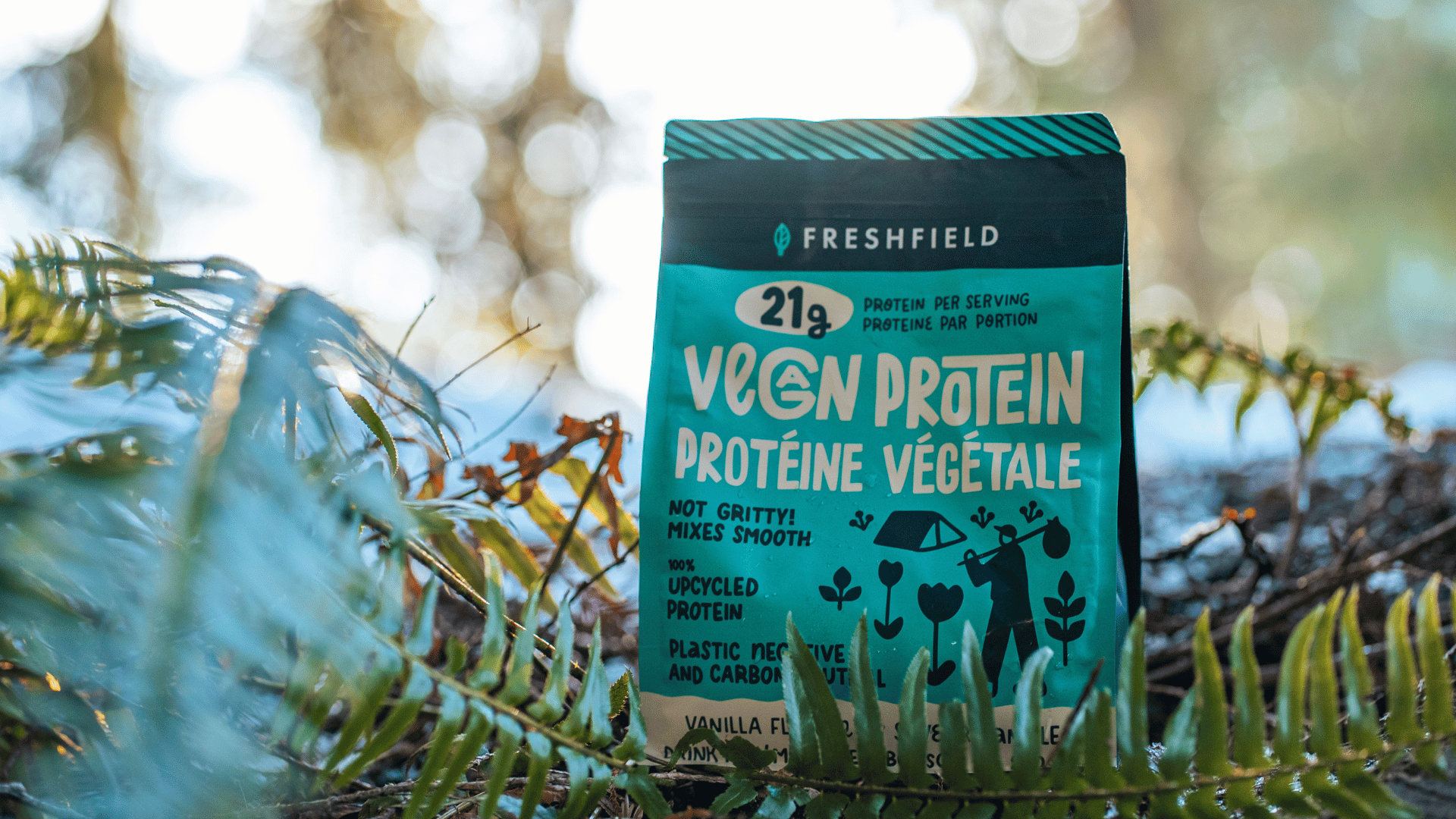

Share:
4 Things Great Plant-based Athletes Know That You Don't
Vegan Omega 3s | 5 Reasons to Ditch Fish Oil